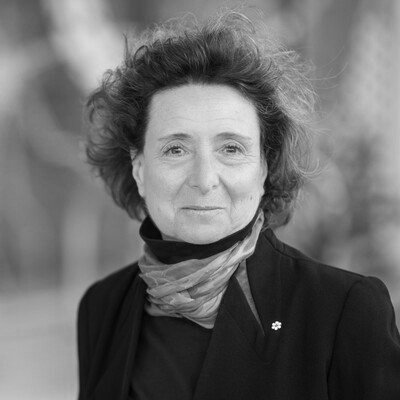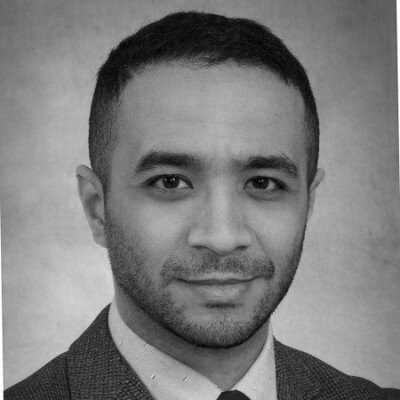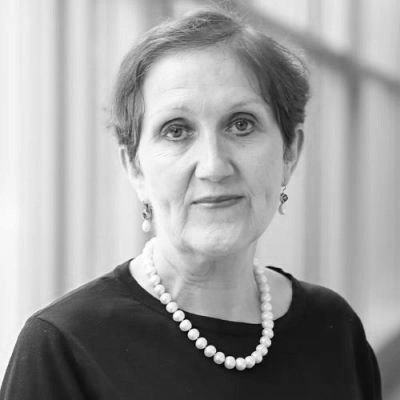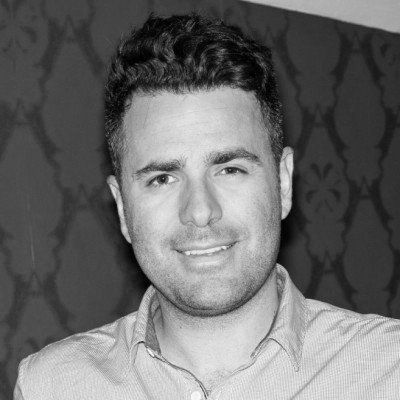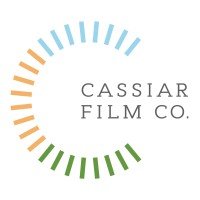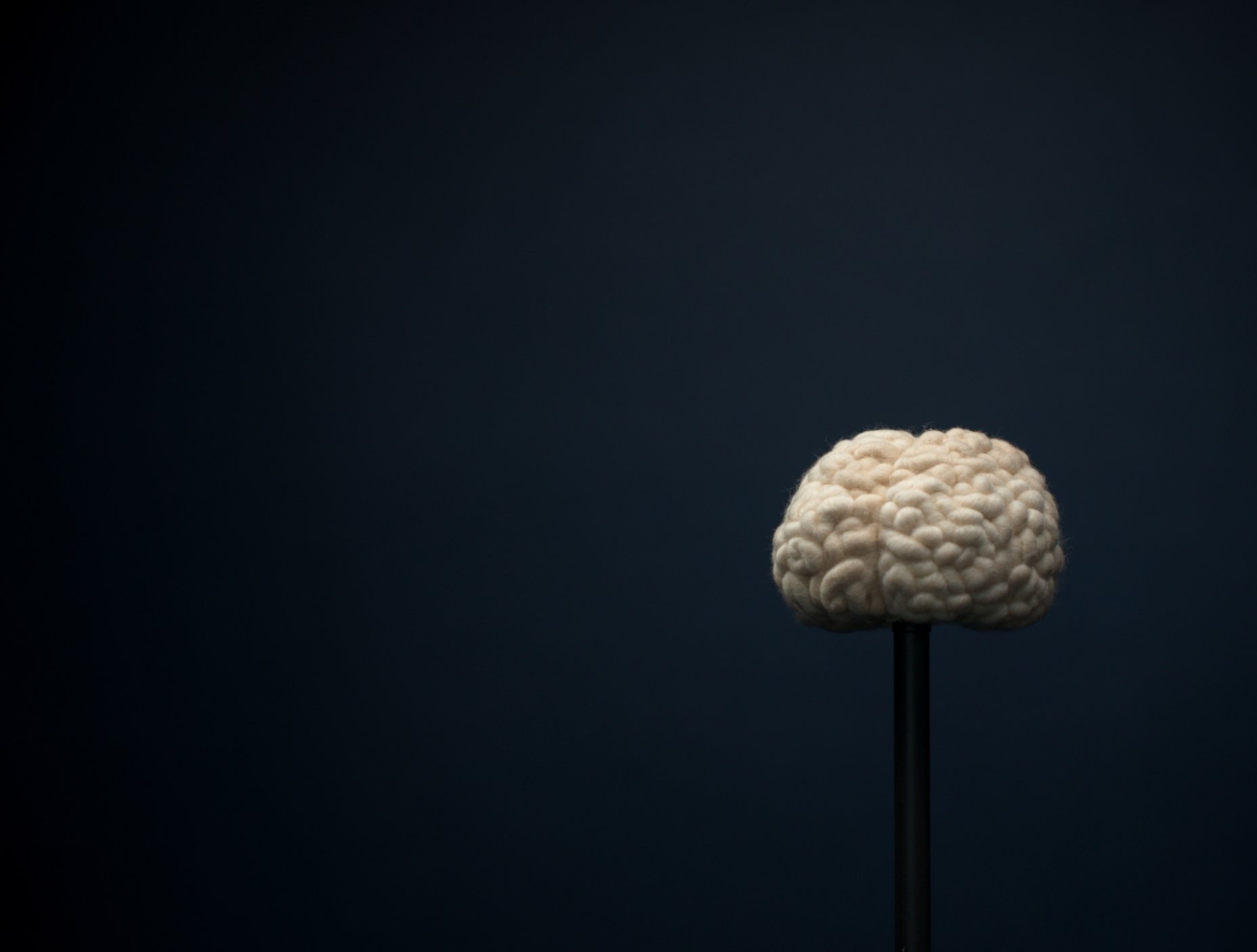
SEIZING HOPE
High Tech Journeys in Pediatric Epilepsy
Stay in touch
Sign up with your email address to receive the latest news and updates.
This mini-documentary is a story about hope for children and their families in mitigating and treating pediatric drug resistant epilepsy (DRE). It is a story about how families learn to trust their medical team, educate them, and help them consider neurotechnology options for their child. It is a story about empowerment as loved ones shed light on the ethical factors that led to their decisions. In doing so, they empower other families that face similar challenges to theirs.
It is a story of how children and families affected by DRE can seize hope in times of darkness for a better quality of life.
The film may be viewed in English with subtitles in French or Spanish.
Technical Info
Running Time: 30 minutes
Genre: Mini-documentary
Subtitles: English, French, Spanish
Year of Production: 2021
Seizing Hope is presented by Neuroethics Canada UBC, with funding from the NIH/NIMH BRAIN Initiative (#RF1 MH117805-01).
The documentary
Meet the Cast
-
The Bagg family is located in northern British Columbia, Canada. Since birth, Kallysta Bagg has had epilepsy stemming from hypoxia, with low amounts of oxygen in the body tissues. At 15 months old, she had her first seizure, and her second seizure came a few months later. Medication like Keppra, widely used for epilepsy, provided Kallysta and her family with no relief as her attacks began to occur every day, never stopping on their own.
The Bagg family looked towards another option, vagus nerve stimulation (VNS), also known as a “pacemaker for the brain”. In 2020, they proceeded with the VNS surgery. Kallysta is now five years old, and her seizures happen once a month.
Kallysta Bagg and her family partook in Seizing Hope to encourage other families to do their research, and communicate to others to trust their doctors, to empower them in their decision-making.
-
On April 5th, 2014, life for 8-year-old Callie Chartrand and her family changed. Callie was sick with flu-like symptoms and was taken to the hospital after her first seizure. The family learned that the Herpes Simplex Virus Type 1 attacked her brain. Medications did not work. After several considerations, the family flew to Calgary for surgery that was enabled by a robotic procedure to stop the seizures.
Callie Chartrand’s mother Lorie, wants Seizing Hope to become a starting point for people to learn to advocate for their children, start a conversation on the treatments of epilepsy and, most importantly, show love, support, and kindness.
-
Kaydance Thompson was 3.5 when she suffered her first seizure. From then on, she would experience 30 grand mal seizures a day. She would not recognize her mom, and could not talk or walk. Medication did not improve her seizures. Kaydance underwent various treatments for her seizures.
Kaydance, and her mother and aunt, share their story on Seizing Hope with the hope of helping and inspiring other families that face similar situations and challenges. They aim to encourage conversation about choice, trust, and neurotechnology available to patients with pediatric DRE.
-
Eight years into her life, Sophie Cowin experienced her first seizure. Unlike the convulsing most seizure patients experience, Sophie has multifocal epilepsy not suitable for conventional resective surgery. This condition is especially threatening as it causes a person’s body temperature to sink very low. Treatment solely with medication was not an option for Sophie; she opted in for neurotechnology available only at a few centers around the world.
Sophie and her family walk us through hardships and hopes for drug resistant epilepsy.
Meet the Experts
Main Experts
-
Dr. Judy Illes is a Professor of Neurology, Distinguished University Scholar, and UBC Distinguished Scholar in Neuroethics at the University of British Columbia (UBC). She is Director of Neuroethics Canada at UBC, and faculty in the Brain Research Centre and the Vancouver Coastal Health Research Institute. Illes’ research focuses on the ethical, legal, social and policy challenges specifically at the intersection of the neurosciences and biomedical ethics. She has made groundbreaking contributions to neuroethical thinking for neuroscience discovery, clinical translation, and the commercialization of health care. In 2017, Illes was appointed to the Order of Canada, one of the country’s highest recognitions of its citizens.
-
Dr. McDonald is the Head of the Section of Neurosurgery at the University of Manitoba in Winnipeg and an Associate Professor in the Department of Surgery at both the U of M and the University of British Columbia. He was born, raised and trained in Toronto, obtaining his medical degree and pursuing neurosurgical training at the University of Toronto. After a fellowship as Chief Clinical Fellow in Neurosurgery at the Hospital for Sick Children, he obtained a Masters degree from the Joint Centre for Bioethics at U of T. In 2016, he relocated to Vancouver to be the Head of Neurosurgery at BC Children’s Hospital and a faculty position at Neuroethics Canada. He has recently returned to Winnipeg as the Chair of the Section of Neurosurgery at the University of Manitoba and retains his association with Neuroethics Canada. His research focuses on ethical issues in the adoption of innovative neurosurgical procedures, especially neurotechnologies, and outcomes in pediatric epilepsy and hydrocephalus.
Collaborating Experts
-
Dr. George Ibrahim is a pediatric neurosurgeon at The Hospital for Sick Children (SickKids) and an Associate Professor in Biomedical Engineering at the Institute of Medical Sciences, and the Department of Surgery at the University of Toronto. His clinical and research interests include the surgical treatment of medically intractable epilepsy, spasticity and functional disorders in children.
-
Dr. Mary Connolly is Director of the Epilepsy Surgery Program, BC Children’s Hospital Division Head, Division of Neurology, Department of Pediatrics at the University of British Columbia. Her research centers on pediatric neurology with a primary focus on epilepsy.
-
Dr. Robert Naftel is an Assistant Professor of Neurological Surgery at Vanderbilt University. His clinical and research interests include pediatric epilepsy hydrocephalus, brain tumours, and pediatric vascular disorders. His work also focuses on patient satisfaction, patient education, and the use of technology and social media for patient outreach.
-
Dr. Winston Chiong is an Associate Professor of Neurology and Interim Director of the University of California, San Francisco (UCSF) Bioethics. He studies the ethical, policy and health equity implications of alterations to brain function informed by the experiences of patients with brain diseases and those undergoing new brain-based therapies. He serves on the Neuroethics Working Group of the National Institutes of Health (NIH) BRAIN (Brain Research through Advancing Innovative Neurotechnologies) Working Group.
Meet the Science Communicators
-
Dr. Johann Roduit is a founding partner of Conexkt, a Certified B Corp innovation studio. Through his work, he fulfills his commitment to integrating ethics into the heart of technology, innovation, and design. Johann holds a Ph.D. in Biomedical Ethics and Law from the University of Zurich, and has previously worked in the University’s Institute for Biomedical Ethics. He uses his expertise in ethics, science communication, and innovation to help clients positively impact their community.
-
Adam Wormald is a filmmaker who believes that nothing cuts to the core of human emotions like a well-told story. His company, Cassiar Film Co, helps businesses and organizations harness the power of video to inspire, educate, and entertain. He loves the challenge of taking complex ideas and making them accessible to a wide audience.
Seizing Hope Resources
Looking for an overview of Seizing Hope?
Find the synopsis, bios, poster, documentary information and more in the Seizing Hope press kit.
Considering hosting a screening?
Our screening kit outlines everything you need to know to host a successful event.
Are you part of an educational institution?
We created a resource to help enrich the viewing through discussion points and activities.
Contact us.
Have questions about the film or looking to invite members of the film team to your screening?
Fill out this form and a team member will reach out to you shortly.




